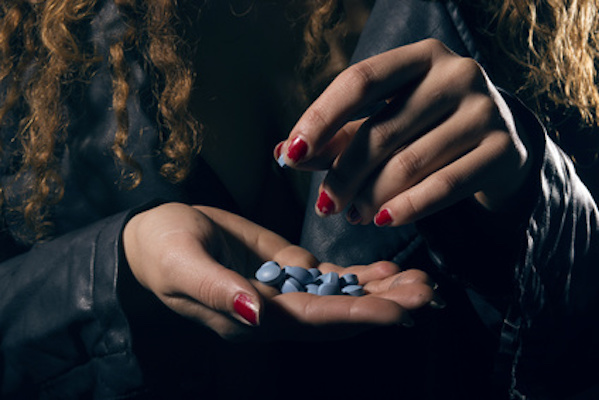You will be hard-pressed to find someone who has not been touched by opioid abuse. Whether you know a loved one, a friend of a friend, or you yourself have used opioids, the problem is all too common.
The Opioid Epidemic
According to the Centers for Disease Control and Prevention, both street drugs and prescription medications are to blame. Today, 78 people die in our country every day from opioid abuse. Nearly 2 million people have an opioid abuse disorder.
What does the opioid epidemic tell us about our country?
First, doctors may prescribe too many opioid medications. Second, people may self-medicate their physical or emotional pain (depression, anxiety, bipolar disease, etc.). We especially saw this during the COVID pandemic. Third, the stigma of addiction may prevent people from reaching out for help.
How We Go Here
Though most healthcare providers prescribe opioids responsibly, the number of opioid prescriptions quadrupled starting in 1999. That coincided with the heavy marketing of opioids to doctors. During that time, the drug companies fed doctors misinformation. They claimed that people could not be addicted to these drugs if they had real pain. The false reassurance opened up their prescription pads.
Add to that hospital policies that put an emphasis on pain control, and it’s not hard to see how we’ve come to this place. Of course, no doctor wanted their patient to be in pain. But now hospitals tracked pain control on patient satisfaction surveys. And those surveys decided how much they paid the doctor.
Later, when doctors tried to wean people off those drugs, it was too late. The damage was done.
We often struggle to balance reducing our patients’ pain with increasing their risk of opioid addiction. But, as clinicians, we have the unique power to help end this epidemic.
Former U.S. Surgeon General Vivek Murthy
With the Surgeon General’s Turn the Tide campaign, physicians and communities are making change for the better. People are becoming more aware of addiction as a medical issue, and the veil of stigma is slowly being lifted. We, as a nation, have the potential to heal but we need to do it together.
Your Addiction Resource Guide
There is help out there to get you or your loved ones back on track, to live healthier and hopefully happier lives. If you have questions about addiction, check out these resources to get the information you need. Do not hesitate to reach out.
Addiction Recovery Guide Forums
This site is a forum to share stories and ask questions about addictions of all types.
The American Society of Addiction Medicine
This physician organization looks to increase access to addiction treatment.
Center on Addiction and Substance Abuse
This nonprofit organization raises awareness about addiction as a public health issue.
Faces and Voices of Recovery (FAVOR)
This advocacy organization is for people in the community. It promotes and celebrates long-term recovery from addiction to alcohol and other drugs.
Helping Others Live Sober
This organization provides resources for professionals in the addiction medicine field as well as for people in recovery.
Narcotics Anonymous
This global, community-based organization specializes in a 12-step program to help people recover from addiction.
National Alliance on Mental Illness
This nonprofit, self-help support organization is for patients and families dealing with a variety of mental disorders.
The Substance Abuse and Mental Health Services Administration (SAMHSA)
The goal of this agency of the U.S. Department of Health and Human Services is to reduce the impact of substance abuse and mental illness on America’s communities.


Leave a Reply